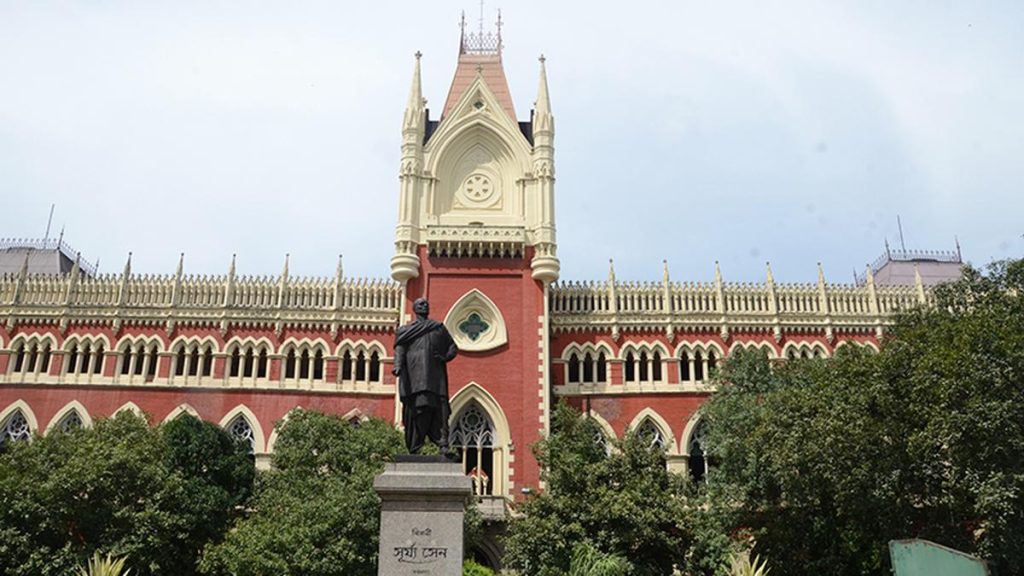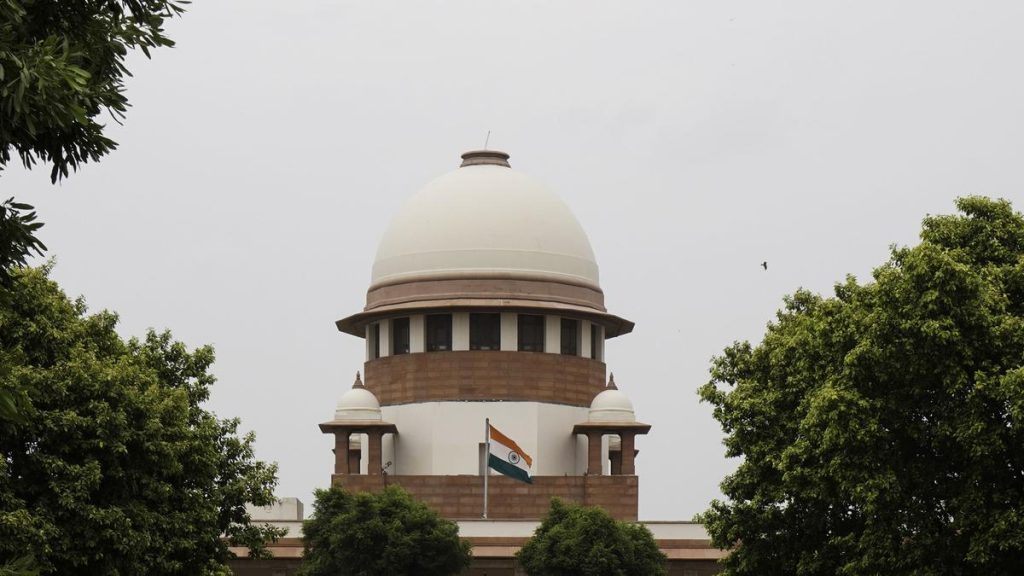Now Reading: Rapido Introduces ‘Bike Direct’ Amid Suspension of Bike Taxi Services by Uber and Ola in Karnataka
-
01
Rapido Introduces ‘Bike Direct’ Amid Suspension of Bike Taxi Services by Uber and Ola in Karnataka
Rapido Introduces ‘Bike Direct’ Amid Suspension of Bike Taxi Services by Uber and Ola in Karnataka

Quick Summary:
- Rapido’s new feature launch: Rapido introduced a feature called ‘Bike Direct’ days after bike taxi aggregators resumed operations in Karnataka following the High Court clarification.
- Nature of ‘Bike Direct’: Rapido claims ‘Bike Direct’ is a “non-profit initiative” that helps bike taxi drivers, referred too as captains, connect with customers despite operational restrictions through its technology platform.
- Impact on captains: The initiative aims to support captains whose livelihoods were impacted by the restrictions, enabling them to earn income sustainably.
- Uber adn Ola’s response: Uber and Ola have removed their bike taxi options from apps following the High Court clarification; both companies declined to comment.
- High Court statement: The Karnataka High Court clarified that it had permitted individual bike taxi riders to operate independently but did not extend this permission to aggregators like Uber, Ola, or rapido.
Indian Opinion Analysis:
Rapido’s introduction of ‘Bike Direct’ reflects an adaptive measure during ambiguous regulatory conditions for bike taxis in karnataka. By framing its service as “non-profit,” the company addresses legal concerns while supporting impacted workers economically. This move could potentially set a precedent for industry-wide responses during similar policy disputes. Conversely, Uber and Ola’s departure from offering such services suggests caution towards legal repercussions or business strategy revisions.
The High Court’s oral clarification highlights ongoing debate about whether individual operators can work without aggregator involvement-a critical distinction impacting urban transportation models reliant on tech platforms. For India’s ride-hailing ecosystem in general, controls on aggregation may prolong uncertainty for both drivers seeking stable incomes and passengers looking for economical transport options.
























